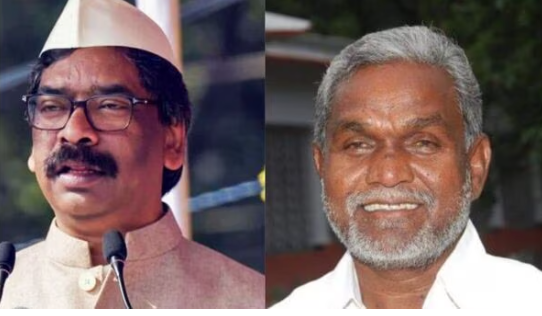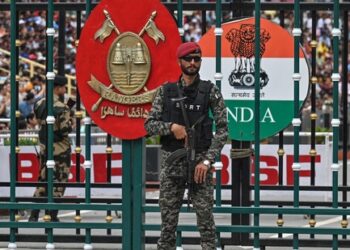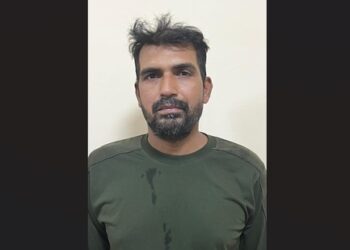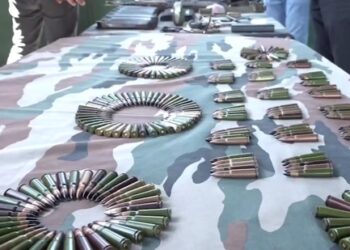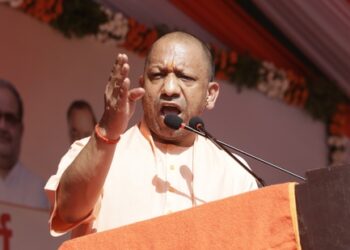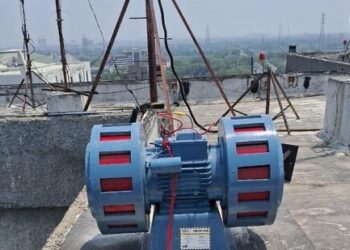In a dramatic turn of events, Champai Soren, a prominent leader of the Jharkhand Mukti Morcha (JMM), has staked a claim to form the government in Jharkhand. Still, the state’s Governor has reportedly refused to meet with the JMM MLAs, escalating the political turmoil in the region.
Champai Soren, the younger brother of former Chief Minister Hemant Soren, arrived at the Raj Bhavan earlier today with a delegation of JMM legislators to submit a letter of support for government formation. However, the Governor’s office declined to grant them an audience, citing unspecified reasons.
The JMM, which emerged as the single largest party in the recent state elections, has been engaged in post-poll negotiations with potential allies to secure a majority in the 81-member Jharkhand Legislative Assembly. The refusal by the Governor to meet with the JMM delegation has led to increased tensions and raised concerns about a constitutional crisis in the state.
Sources within the JMM claim that the Governor’s decision is politically motivated and undermines the democratic process. “This is a clear violation of constitutional norms. The Governor is duty-bound to meet with the leader of the single largest party and consider their claim for government formation,” said a JMM spokesperson.
The Governor’s office, however, released a statement asserting that the decision to deny the meeting was made by established protocols and without any bias. The statement urged all political parties to engage in dialogue and adhere to constitutional procedures.
Political analysts suggest that the unfolding situation may lead to legal challenges and further intensify the power struggle in the state. The central government’s involvement and the governor’s role in this scenario could become focal points of debate and scrutiny.
Meanwhile, Jharkhand remains in a state of uncertainty as the political deadlock continues. The JMM, along with its allies, is exploring legal avenues to challenge the Governor’s refusal, while opposition parties are closely watching the developments.
As the situation unfolds, it raises questions about the functioning of constitutional institutions and the delicate balance between executive and legislative powers in the state of Jharkhand.


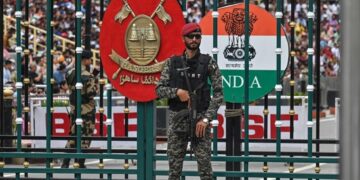




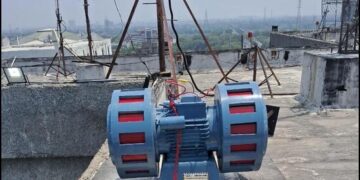
 India
India
